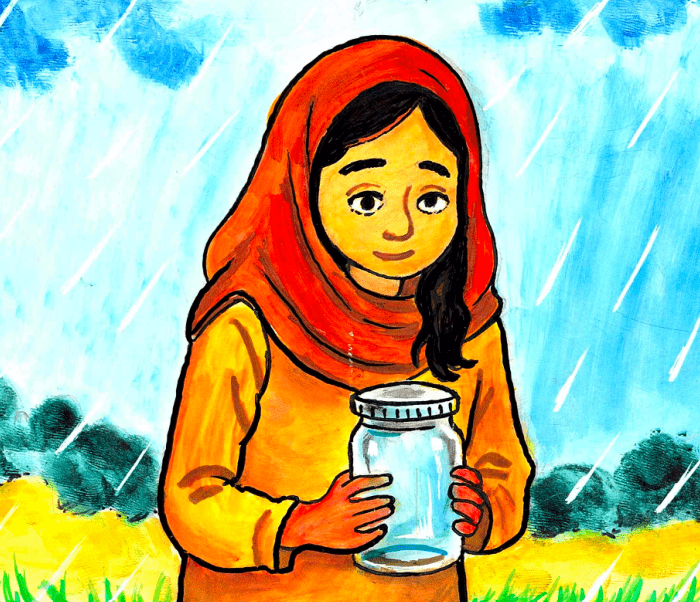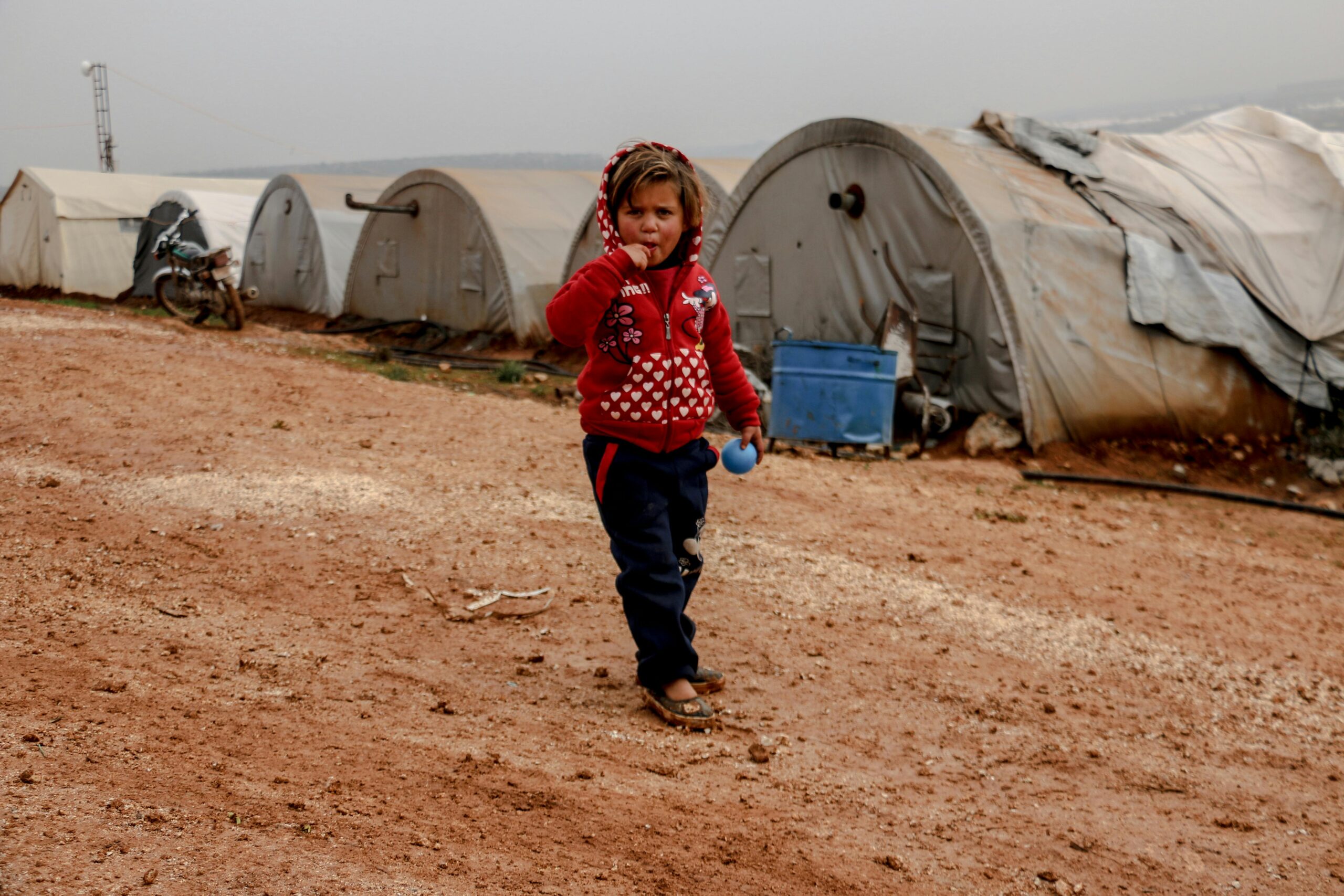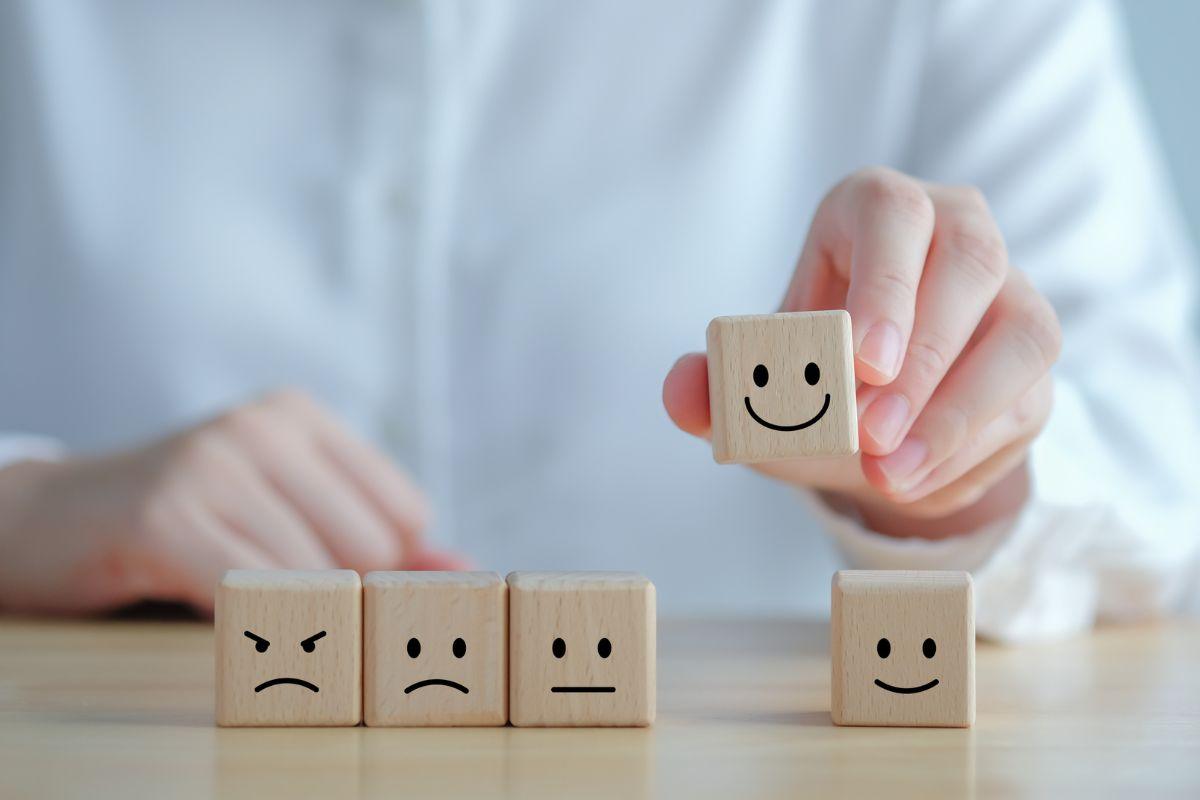Where Climate Change Meets Mental Health
Green Mind is a national, youth-led initiative helping young people turn climate anxiety into resilience, creativity, and collective action.
Every day, young people are bombarded with headlines about wildfires, floods, and rising global temperatures. Beneath the science and statistics lies another crisis: the mental health burden of climate change. Green Mind exists to meet that need, building spaces where emotions are valid, voices are amplified, and action is born from care.
About Green Mind
Green Mind is more than an initiative, it’s a community. Founded in 2023 by Inaam Chattha, a medical student and environmental advocate, Green Mind started with a simple idea: climate conversations should include emotions, not just data.
Since then, we have:
Reached 4,500+
Young people through free workshops, toolkits, and creative resources.
Built partnerships
With Indigenous elders and educators to integrate traditional teachings into climate wellness work.
Produced children’s books
Poetry, and toolkits that are being used in classrooms, camps, and cultural centers across Canada.
Received recognition
From the Lawson Foundation, Plan International Canada, AstraZeneca Canada, and The Starfish Canada.
Our Mission
At Green Mind, we believe:
● Climate change is as much an emotional crisis as it is an environmental one.
● Young people deserve spaces to process their feelings without shame or dismissal.
● Community, storytelling, and culture are essential tools for healing and resilience.
● When youth feel supported emotionally, they are more empowered to take meaningful environmental action.
Our mission is simple: normalize conversations about climate anxiety and provide youth with tools to transform worry into wellness and action.
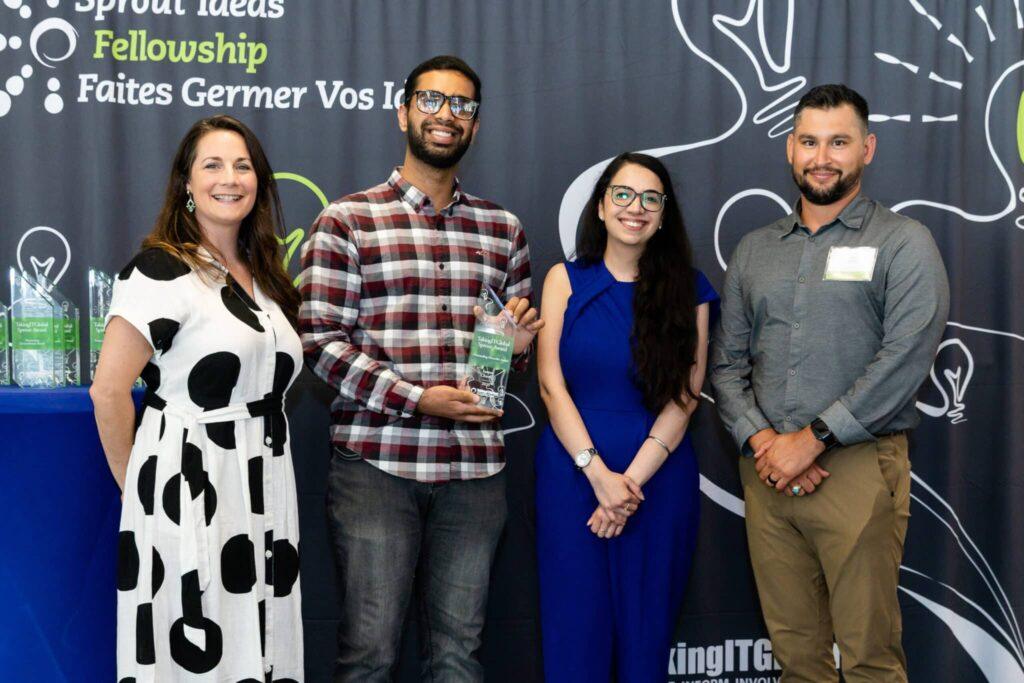
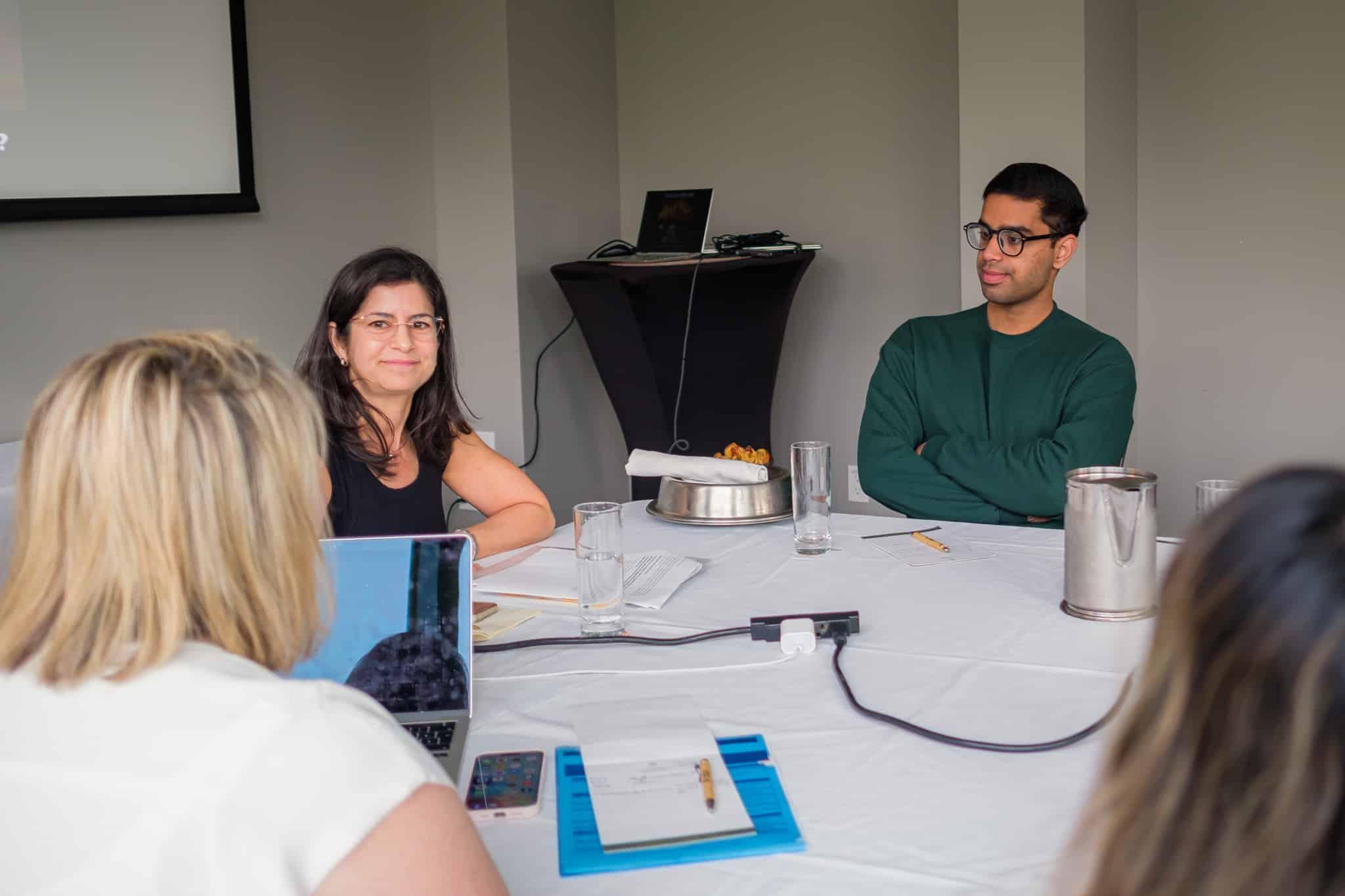
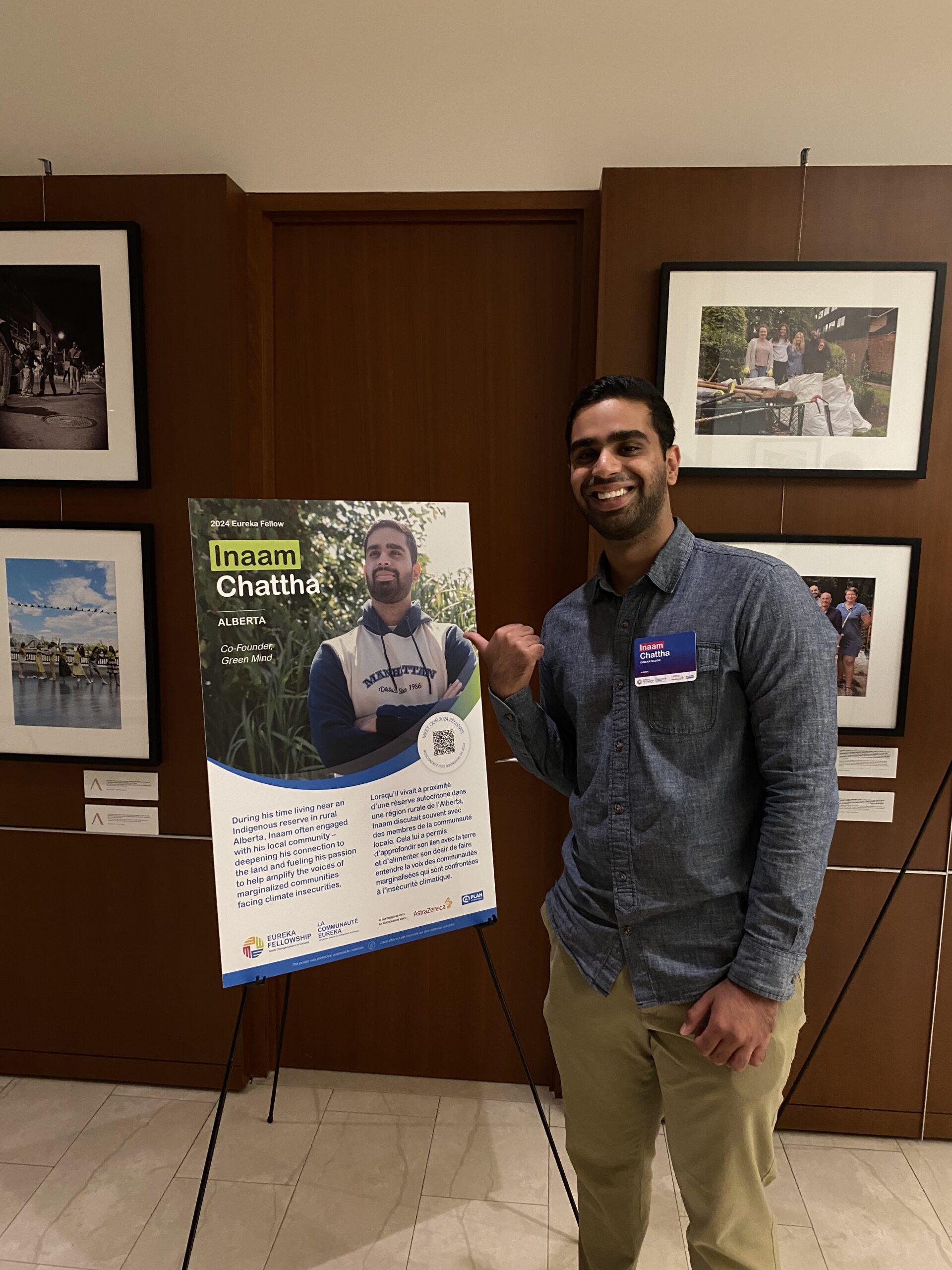
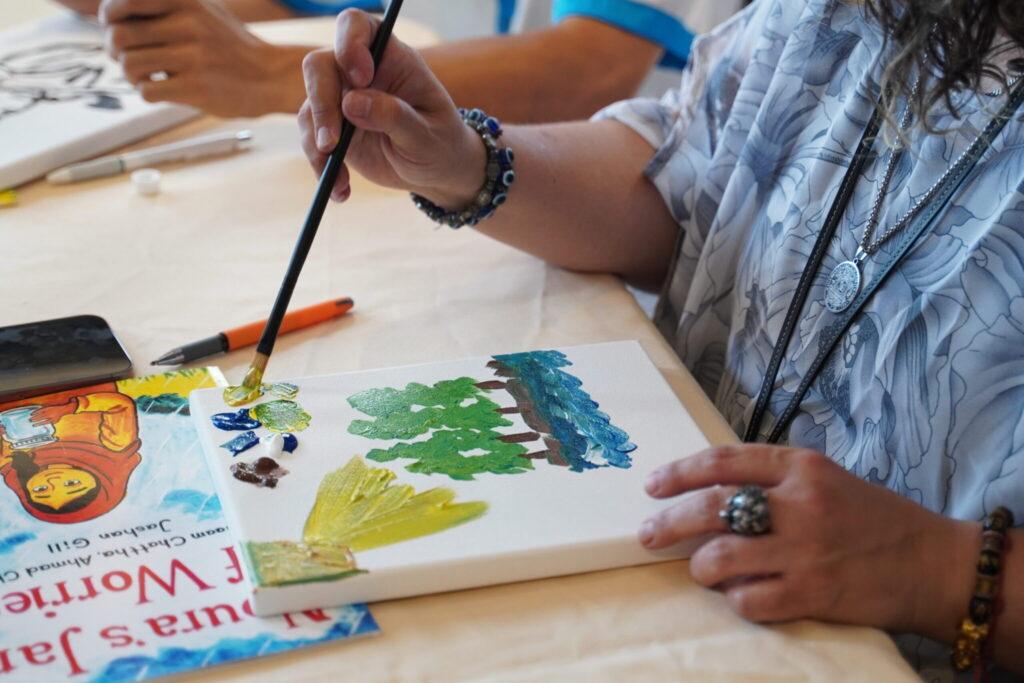
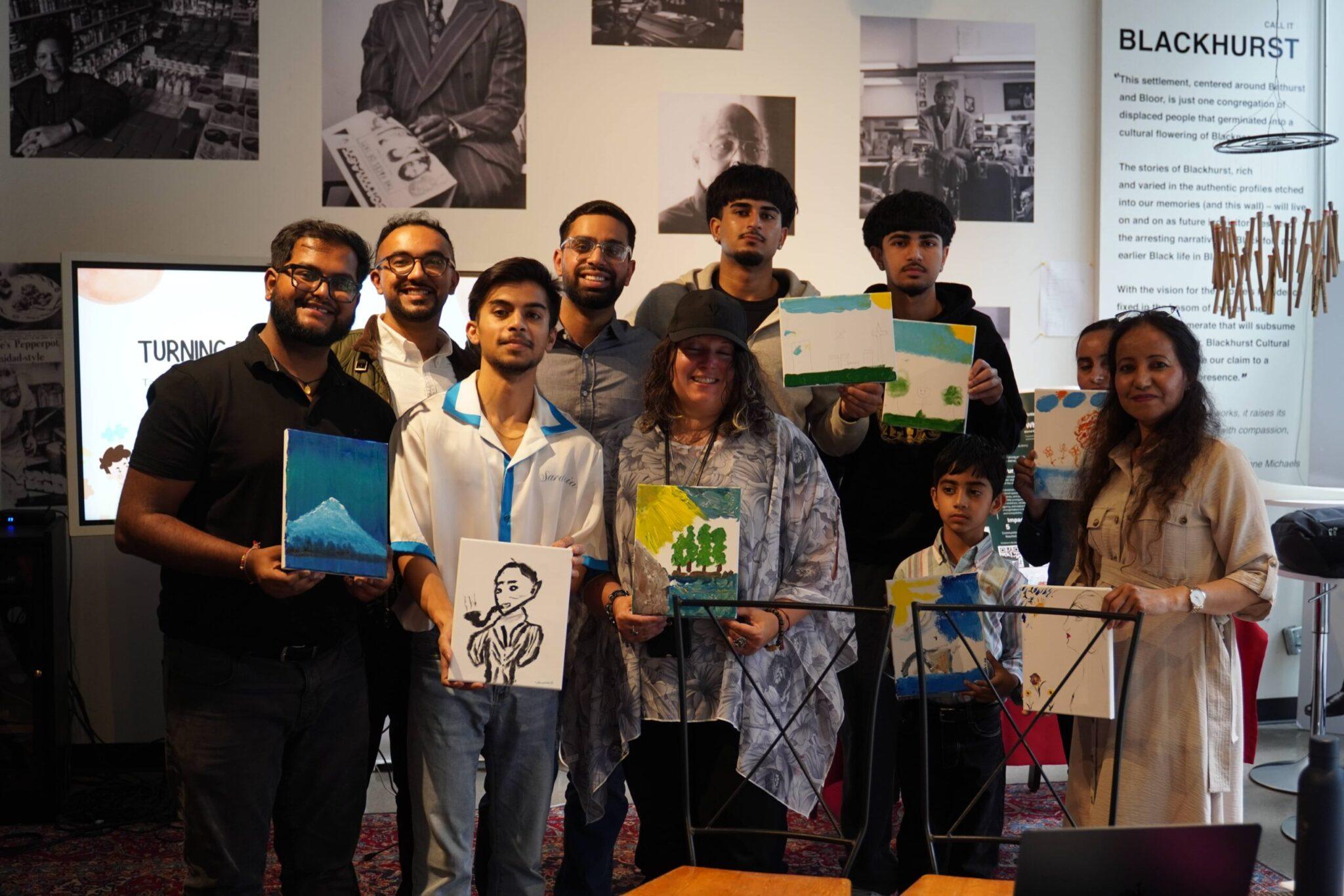
Our Values
● Emotions are valid. Eco-anxiety, grief, joy, hope, anger, all are signs of care.
● Youth lead now. Young people are not future leaders; they are leaders today.
● Community and culture matter. Indigenous knowledge and intergenerational wisdom guide us.
● Resilience is relational. True wellness comes from support networks, not individual perfection.
● Accessibility is essential. Resources must be free, bilingual, culturally relevant, and adaptable to rural or low-connectivity settings.
What We Do
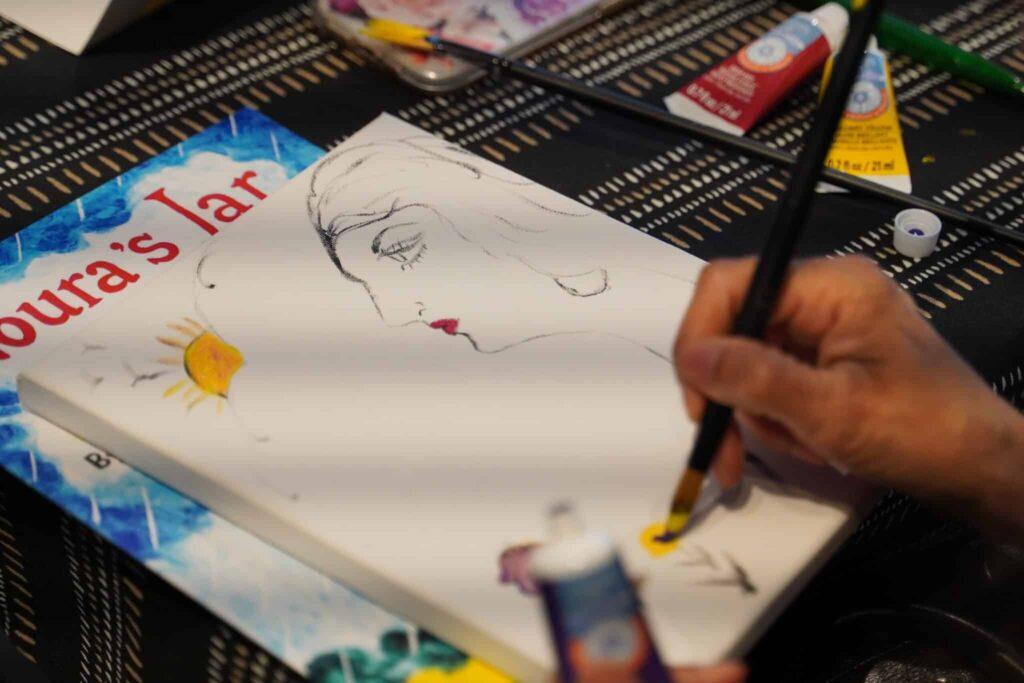
Emotional Awareness
We deliver trauma-informed workshops that teach youth to:
● Name emotions like anxiety, grief, or helplessness.
● Practice grounding techniques (breathing, body scans, journaling).
● Use art, storytelling, and movement to release heavy emotions.
● Recognize that feeling deeply is not weakness, but strength.
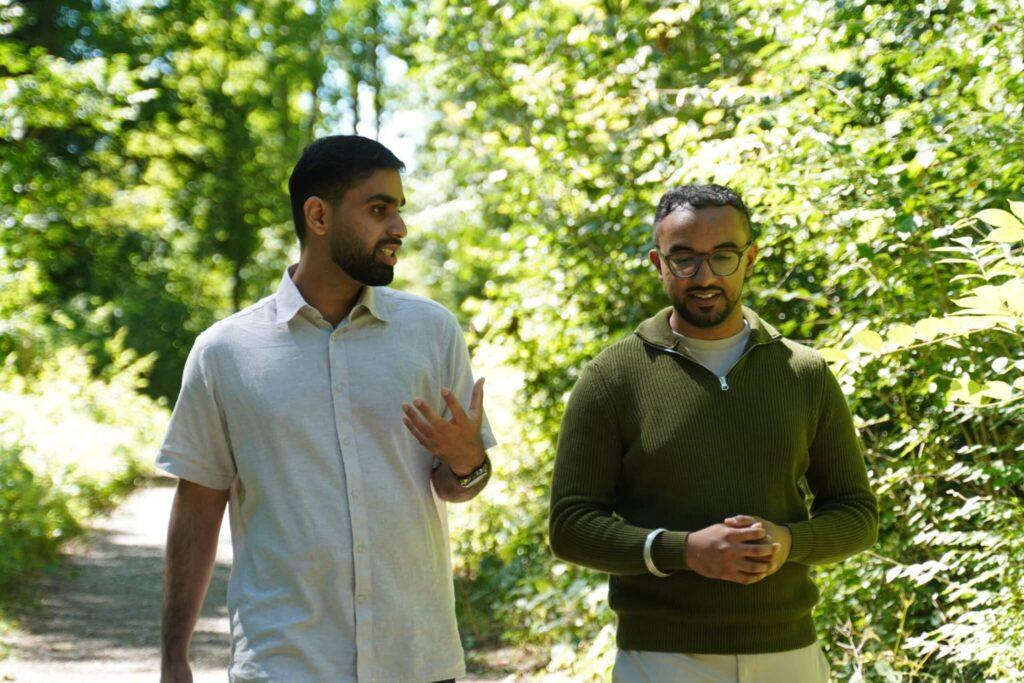
Cultural Humility
We co-create programs with Indigenous knowledge keepers, educators, and youth leaders that include:
● Storytelling circles and sharing ceremonies.
● Land-based learning, like guided forest walks and seed planting.
● Bilingual materials (English/French) and plain-language guides.
● Adaptations for low-internet communities through printable toolkits.
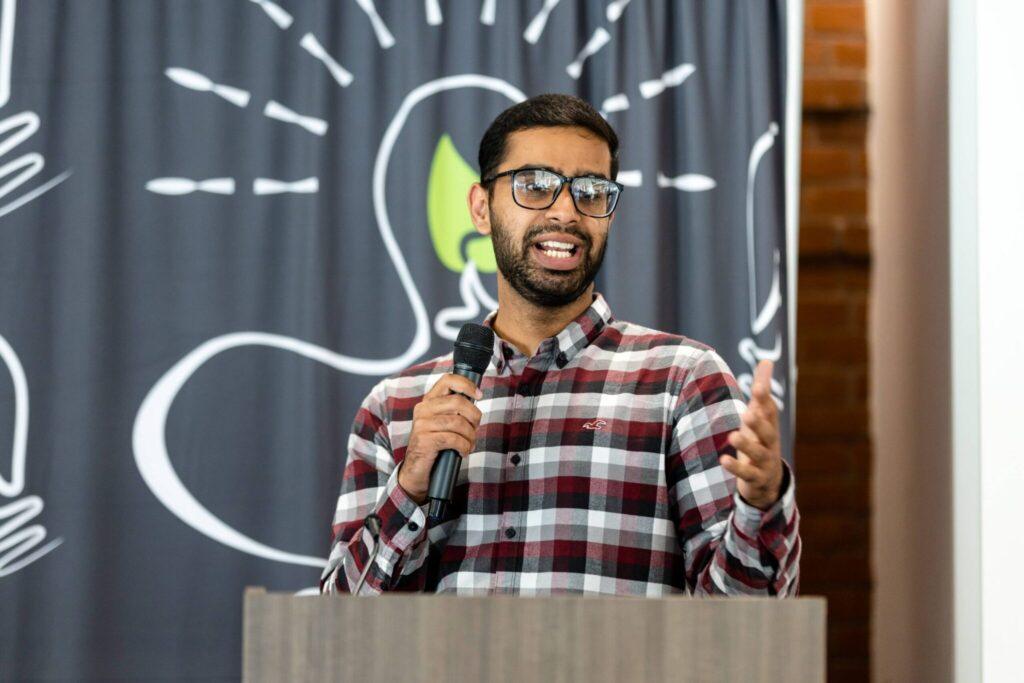
Action & Leadership
We transform climate anxiety into action by equipping youth to:
● Lead tree-planting projects, mural campaigns, and school wellness initiatives.
● Develop zines, short films, and poems about eco-emotions.
● Facilitate peer-support groups in schools and communities.
● Train as facilitators through our upcoming National Youth Facilitator Program.
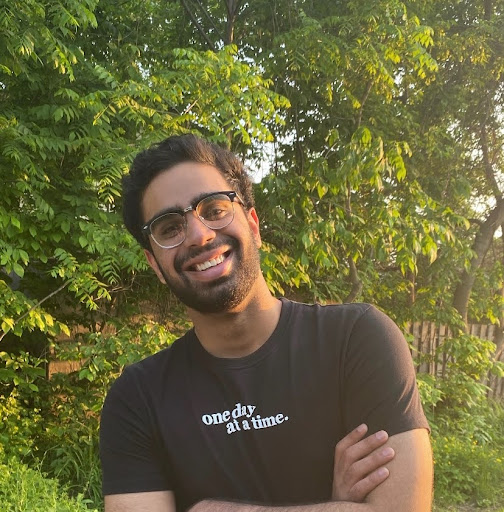
Our Story – Founder’s Note
Inaam Chattha founded Green Mind after noticing a gap in his own rural Alberta community: climate change was taught as science, but never as emotion. Youth were left absorbing fear and grief without support.
I started Green Mind because I wanted to make space for conversations I never had growing up. Our emotions are not a distraction from solving the climate crisis, they are the very reason we must act. They remind us of what we love, and what we stand to lose.
Inaam has since been recognized as one of Canada’s Top 25 Under 25 Environmentalists, received the Lawson Foundation Fellowship, and contributed to national conversations on climate justice and youth mental health.
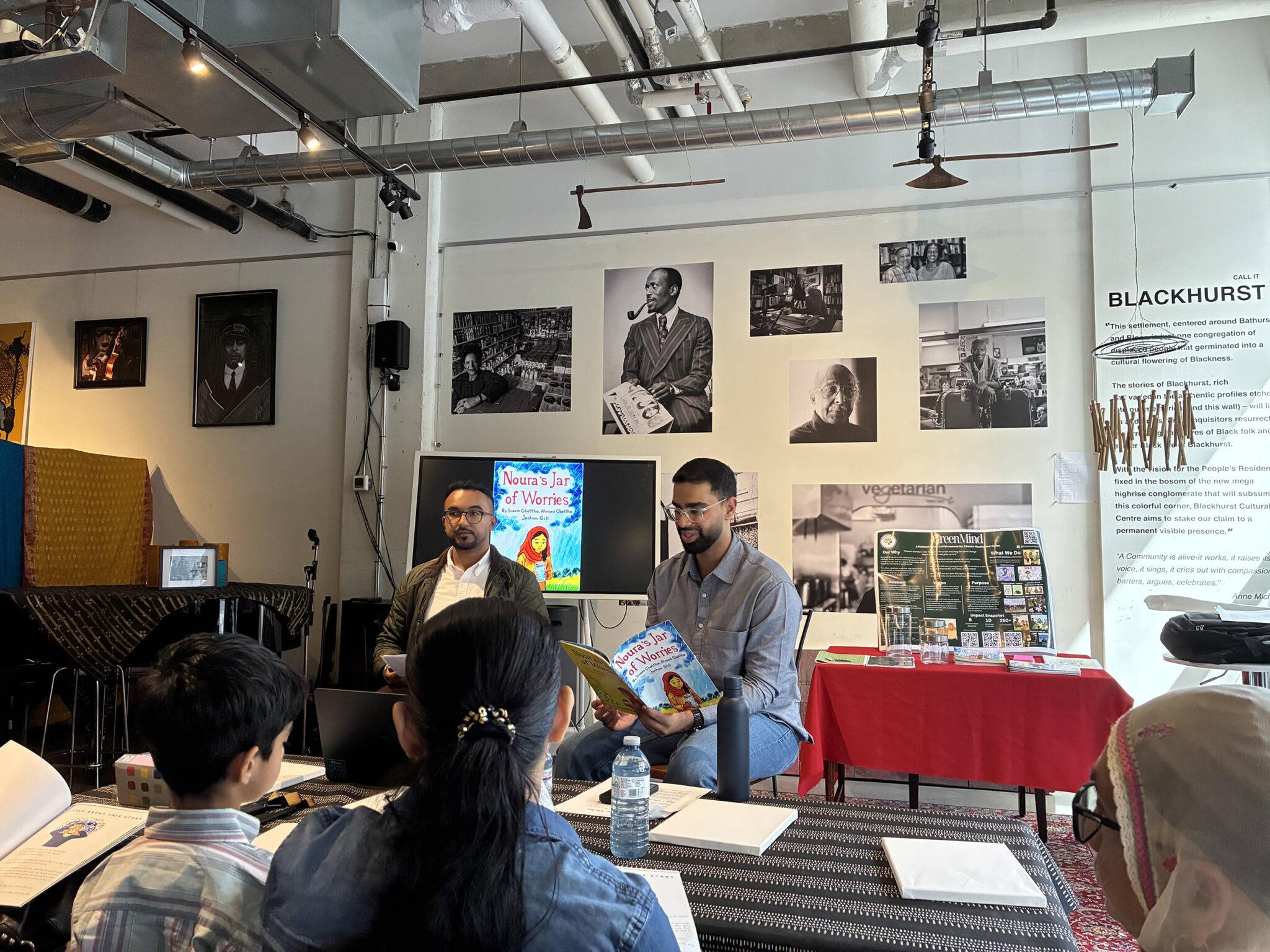
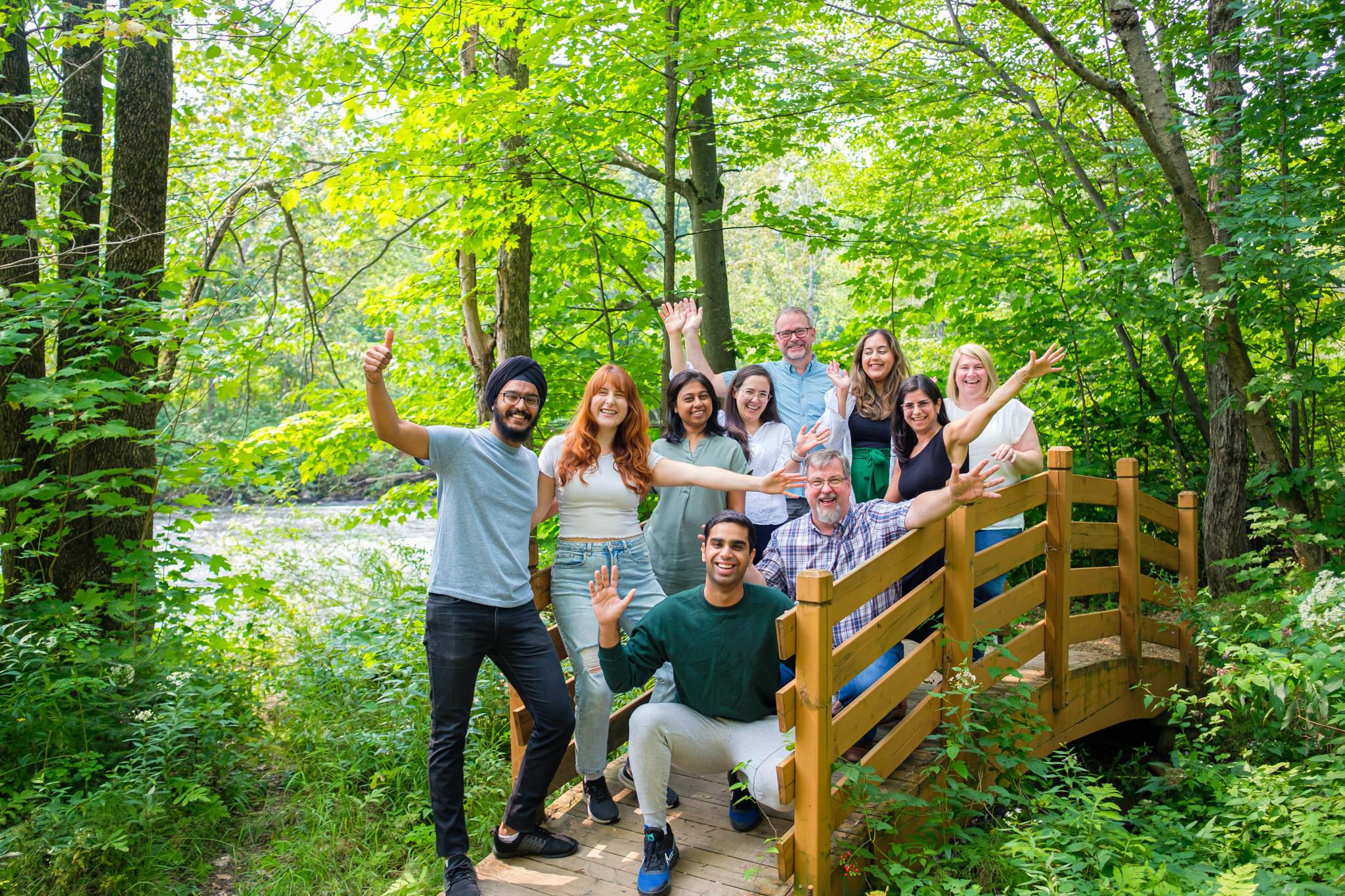
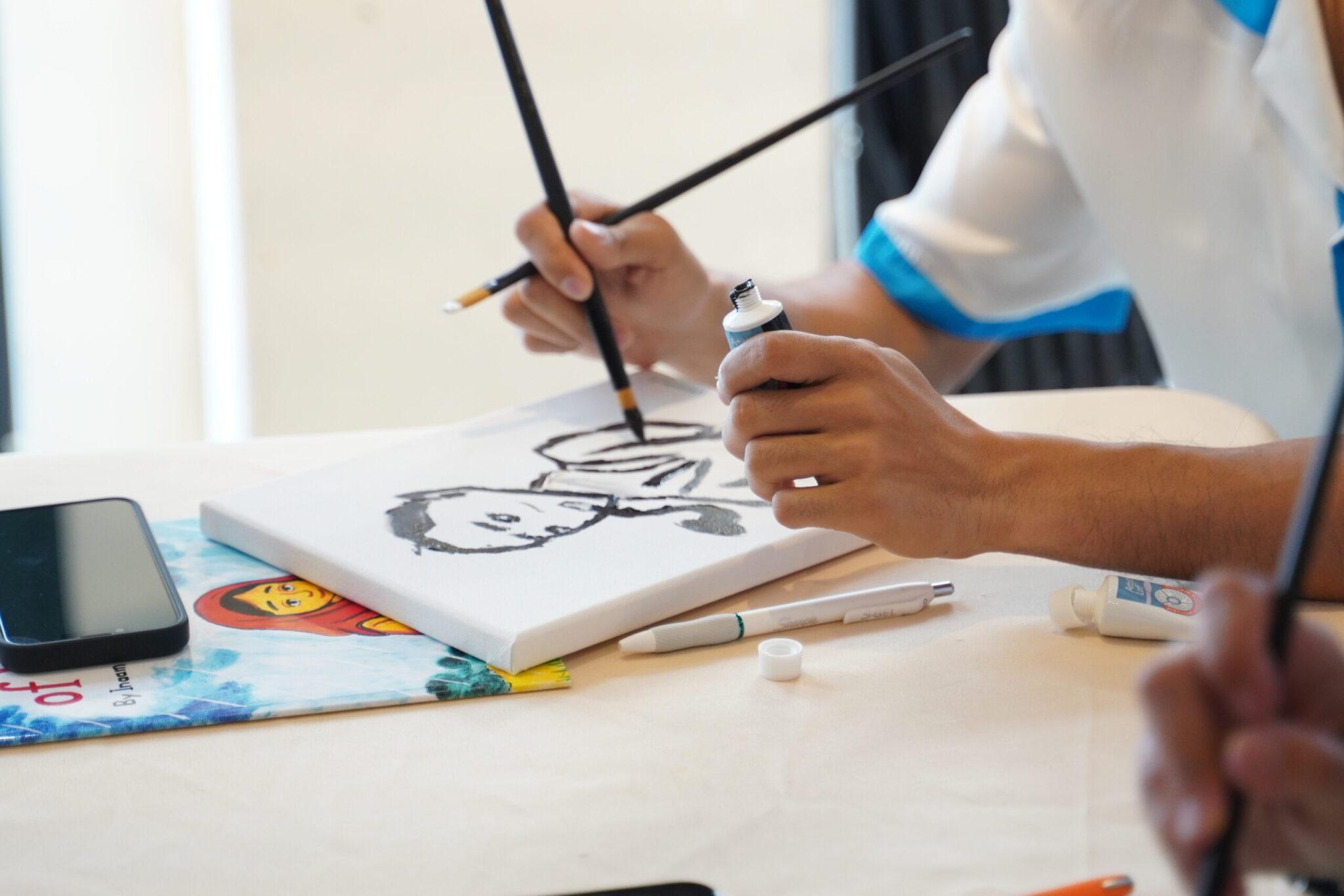
Programs & Workshops
Green Mind’s programs are designed for schools, camps, cultural centers, and youth groups.
● Indigenous Collaborations: programs developed alongside Cree and Anishinaabe elders, emphasizing land-based healing and intergenerational dialogue.
● Youth-Led Campaigns: support for student-led initiatives like eco-anxiety awareness weeks, climate mural projects, or school climate clubs.
● Climate Wellness Toolkit (5 Sessions):
-
Climate & Me Journal: guided self-reflection on climate emotions.
-
Mapping Eco-Emotions: visualizing feelings through mind maps and body maps.
-
Somatic Grounding: breathing, stretching, and mindfulness for stress.
-
From Anxiety to Action: planning youth-led climate projects.
-
Community Care & Peer Support: building safe networks of support.
Books & Creative Resources
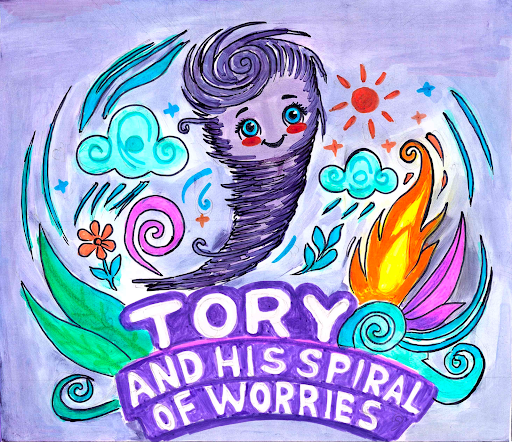
Tory and His Spiral of Worries
(ages 4–8):
A friendly tornado learns that worries are normal and manageable through breathing and self-talk.
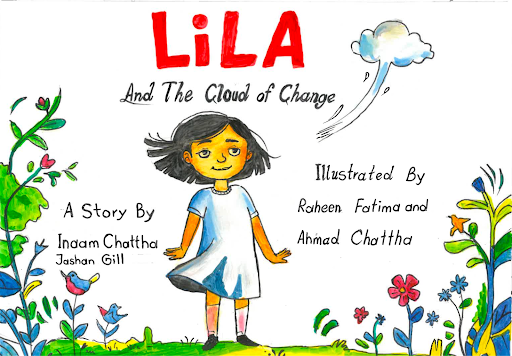
Lila and the Cloud of Change
(ages 6–10):
A girl discovers eco-anxiety when winter doesn’t come, but learns that small community actions can spark hope.
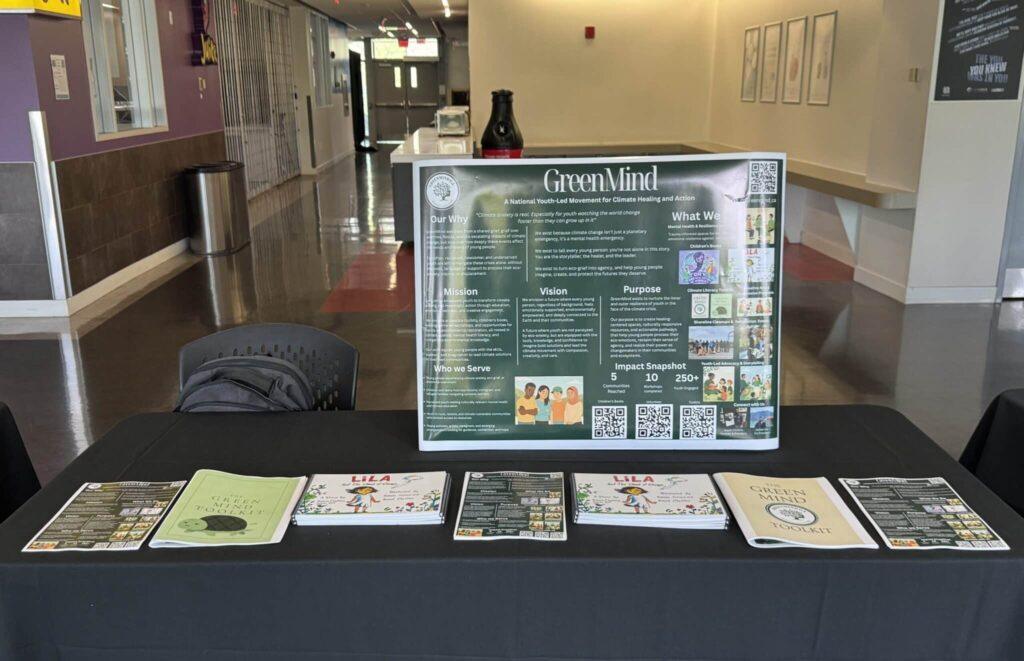
Impact & Recognition
- 4,500+ youth engaged through toolkits, books, and workshops across Canada.
- 3 children’s books and creative resources published (Tory and His Spiral of Worries, Lila and the Cloud of Change, The Soil Remembers).
- 5 workshops and pilot programs delivered in schools, camps, and community spaces.
- 25+ personal stories collected in Toronto street interviews on climate emotions.
- 300+ toolkits downloaded by youth and community groups.
Voices of Youth (Testimonials)
-
Age 16, Alberta
I felt less alone after attending. It helped me understand my climate anxiety and gave me ways to cope.
-
Age 18, Toronto
The sessions made me feel calmer and more hopeful about the future.
-
Parent, Ontario
My child opened up about their feelings for the first time. I’m very grateful.
-
Program Head, Ontario
Students were engaged and supported. We would love to host Green Mind again.
-
Facilitator, Age 21
Being a volunteer here made me feel valued and supported. It truly feels like community.
Blog Highlights
Preview of the three most recent articles:
Get Involved
Green Mind is always growing. Here’s how people can be part of it:
Volunteer
Join our design or research teams, or help facilitate sessions.
Partner
Bring Green Mind programs to your school, camp, or community.
Donate
Fund free toolkits, bilingual resources, and youth facilitator training.
Stay Connected
Sign up for our newsletter for resources, events, and stories.
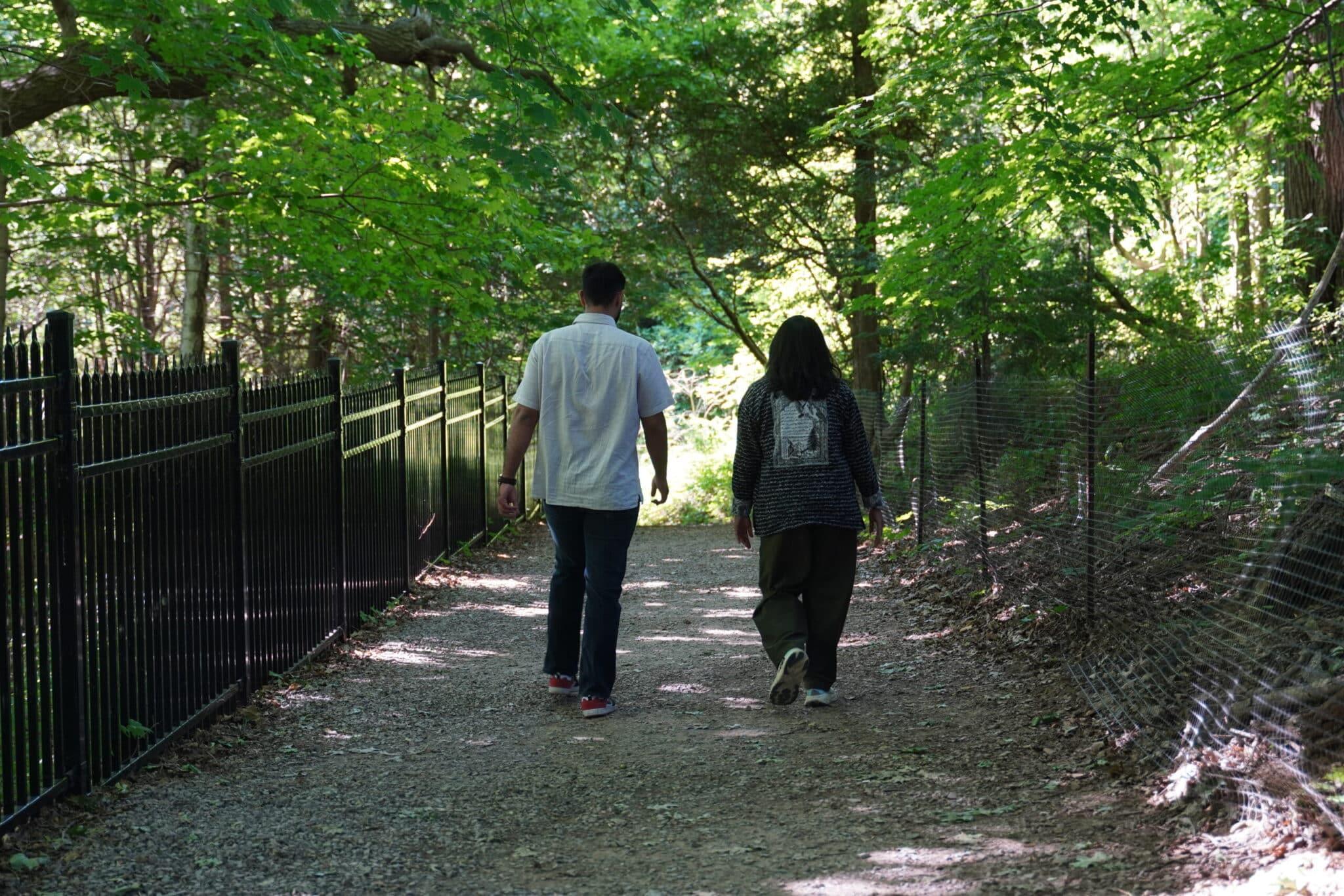
Subscribe to our
Newsletter!
Subscribe to our newsletter to get the latest updates.

